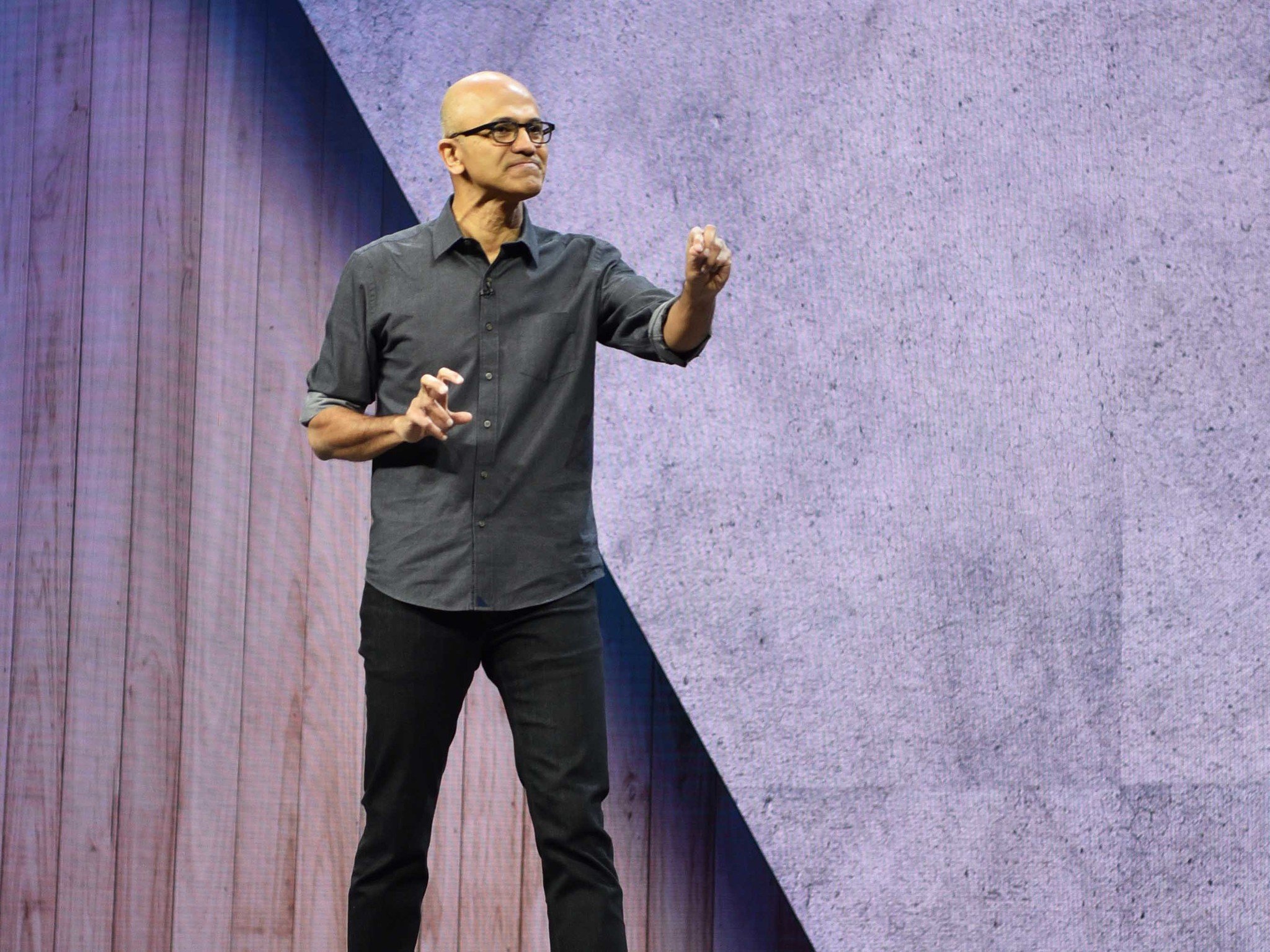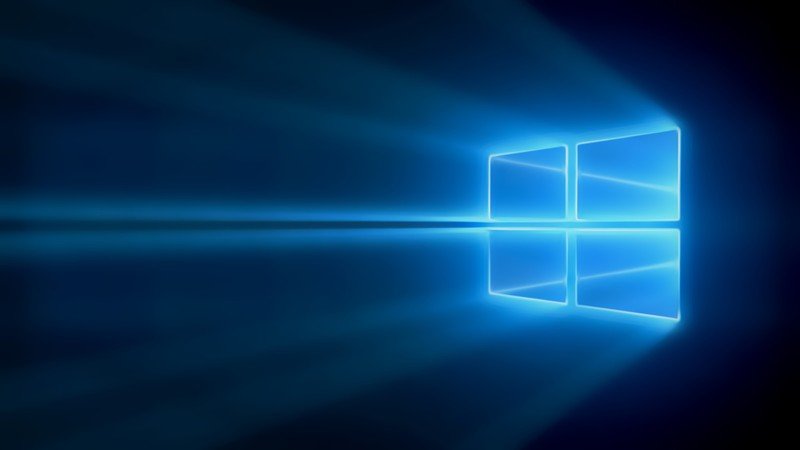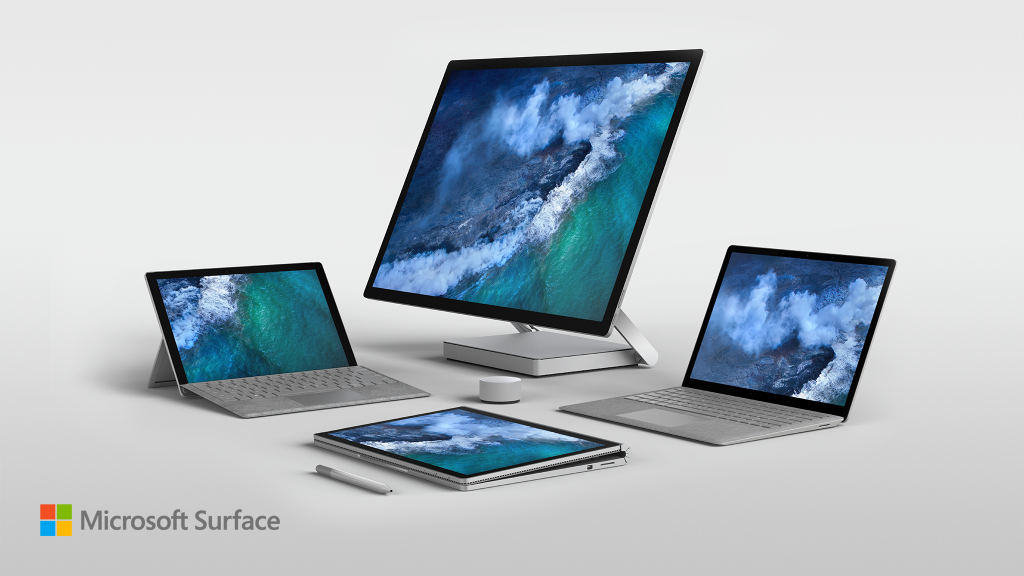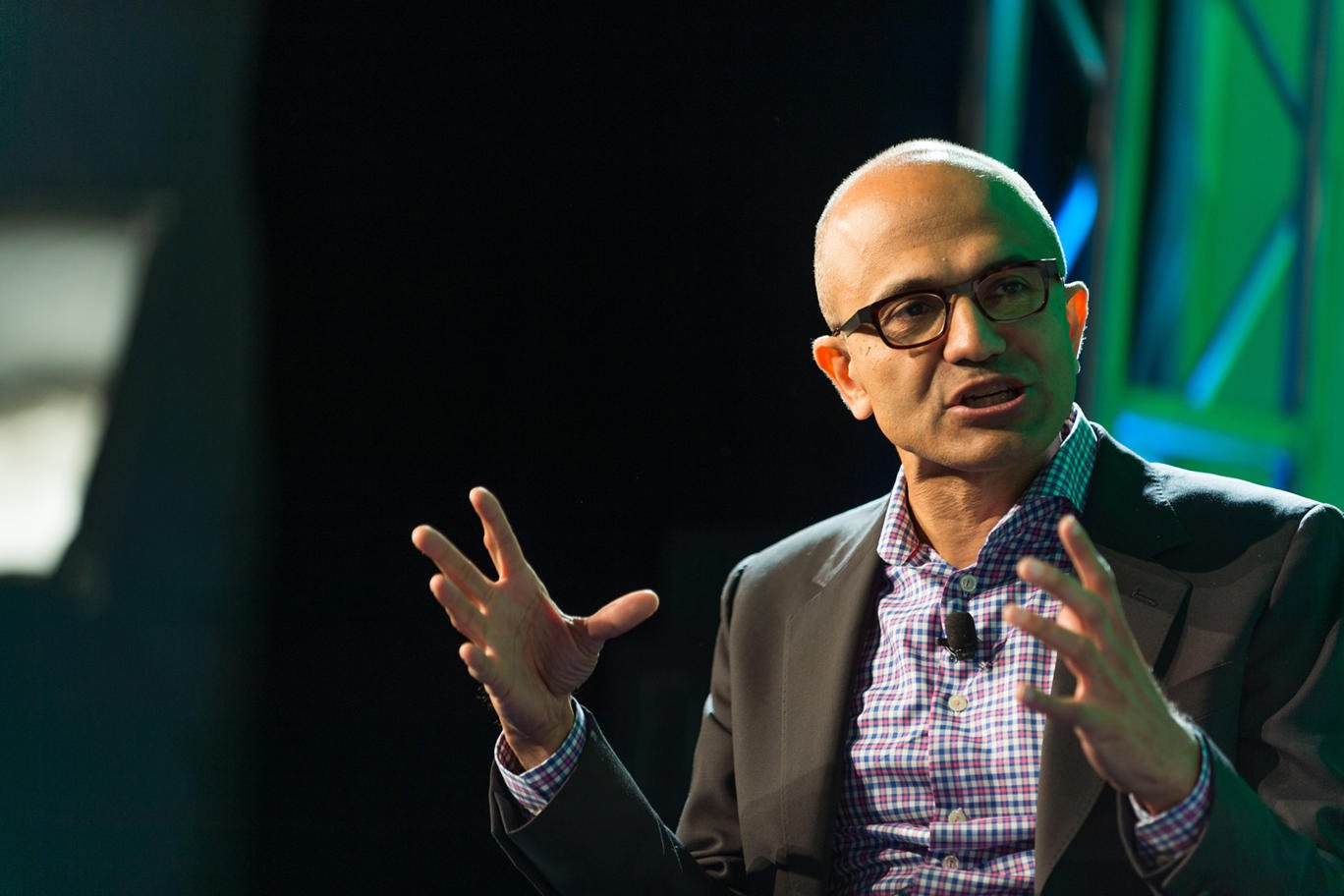Microsoft CEO hints Windows Core OS mobile device may be headed to the enterprise
In a recent GeekWire Summit interview, Microsoft's CEO Satya Nadella hinted the company is harnessing its resources toward an enterprise-focused mobile device running Windows.

GeekWire's Todd Bishop asked Nadella point blank, "Have you given up on smartphone hardware?"
Nadella's response may surprise you.
Not for consumers
GeekWire Summit.
Nadella began his response by identifying Microsoft's inability to compete in the consumer smartphone space:
We ... do not have the share to have smartphone hardware that's a real consumer choice. We cannot attract developers.
Most pundits are acutely aware of this dilemma. Nadella continues his response by expressing what Microsoft is doing in the mobile space:
[The] thing that we're doing is to make sure our software is available so that we can service the enterprise customer who really doesn't care about a lot of the things a consumer will care about.
If Nadella were merely acknowledging cross-platform software for iOS and Android, there would've been no need to point out a mobile device audience that doesn't care about what consumers care about. iPhone and Android phone users in the enterprise already enjoy the best of both worlds: enterprise support and apps that cater to what they care about as consumers.
It's noteworthy Nadella hasn't said: "yes, we've given up on smartphones." What we see so far is an acknowledgment of Microsoft's inability to compete in the consumer space and a statement that Microsoft is working to ensure software availability to enterprise customers who don't care about what consumers care about.
All the latest news, reviews, and guides for Windows and Xbox diehards.
Core OS means no Windows 10 Mobile needed

Nadella continues:
[It's] one operating system for us. So it's not like we have a phone operating system separate from the Xbox operating system, separate from the Windows operating system, its one platform.
In light of Corporate Vice President of Operations Joe Belfiore's recent tweets about Windows 10 Mobile which have been interpreted as an official statement that Microsoft is done with mobile, this point is particularly noteworthy. Belfiore was referencing shuttering a phone OS, Windows 10 Mobile, and traditional smartphone hardware.
By the way, the death of Windows 10 Mobile does not affect Microsoft's "Andromeda" device (also known as Surface phone on the web lol)By the way, the death of Windows 10 Mobile does not affect Microsoft's "Andromeda" device (also known as Surface phone on the web lol)— Zac Bowden (@zacbowden) October 8, 2017October 8, 2017
Nadella's response regarding mobile intentionally highlighted there's no distinct phone OS; there's just Windows. This is consistent with our understanding of Microsoft's one-Windows-for-all-device-types, Core OS. Thus, Windows 10 Mobile is no longer needed to execute a mobile strategy.
Scratching the Surface

After establishing the enterprise positioning of Microsoft software and stressing there's just one Windows, Nadella addresses the hardware component of the equation:
[That's] where we are and what we're now all in on, is to see what are we going to do with Surface. How are we going to push the boundaries of what is a PC even?
Here he continues his response to the question, "Have you given up on smartphone hardware?" by indicating a goal to redefine the PC.
Nadella talks about pushing PC boundaries in response to a question about smartphones.
It's telling that Nadella references pushing PC boundaries in response to a question about smartphones. It is, however, consistent with our analysis that Microsoft's building a Core OS-powered ultramobile Surface PC with telephony.
Bishop asked: "What are you going to do on Surface? Is there any form factor that you're most interested in that you have not yet entered?"
Nadella responds:
I'm definitely not going to tell you about it before I have the device. But ... It's not about the device; it's the software plus the device. The fact that we now have that capability to do end-to-end ... from silicon to cloud is what we've got to use to innovate new categories, and clearly, category creation is going to be a big part of what we have to do.
Nadella acknowledges Microsoft is dedicated to utilizing its capability to build devices "from silicon to cloud" to create a new category.
Forget phones — Microsoft will bring a PC to your pocket
From the horse's mouth

Nadella's response to the question "Have you given up on smartphone hardware?" wasn't "yes," as most would've assumed it would be. Instead, we see a carefully articulated expression of an enterprise-focused mobile strategy.
He first explains a focus on enterprise users who don't care about what consumers care about. He asserts the one-Windows-for-all-devices strategy, confirming no further need for Windows Mobile. He divulges a goal to redefine the PC within the context of a discussion about smartphones. And he talks about creating categories that involve hardware-software-cloud synergy. This was all in response to a direct question about Microsoft's position on building mobile hardware.
It seems Nadella was saying Microsoft's mobile efforts will be with an enterprise-focused Surface PC, with a unique form factor and telephony, running Core OS. If true, this enterprise-focused device will be consistent with Microsoft's increasingly non-consumer focus. It's not guaranteed to succeed, but that's where Microsoft appears to be placing its bets.
That's my take. What's yours?

Jason L Ward is a Former Columnist at Windows Central. He provided a unique big picture analysis of the complex world of Microsoft. Jason takes the small clues and gives you an insightful big picture perspective through storytelling that you won't find *anywhere* else. Seriously, this dude thinks outside the box. Follow him on Twitter at @JLTechWord. He's doing the "write" thing!

